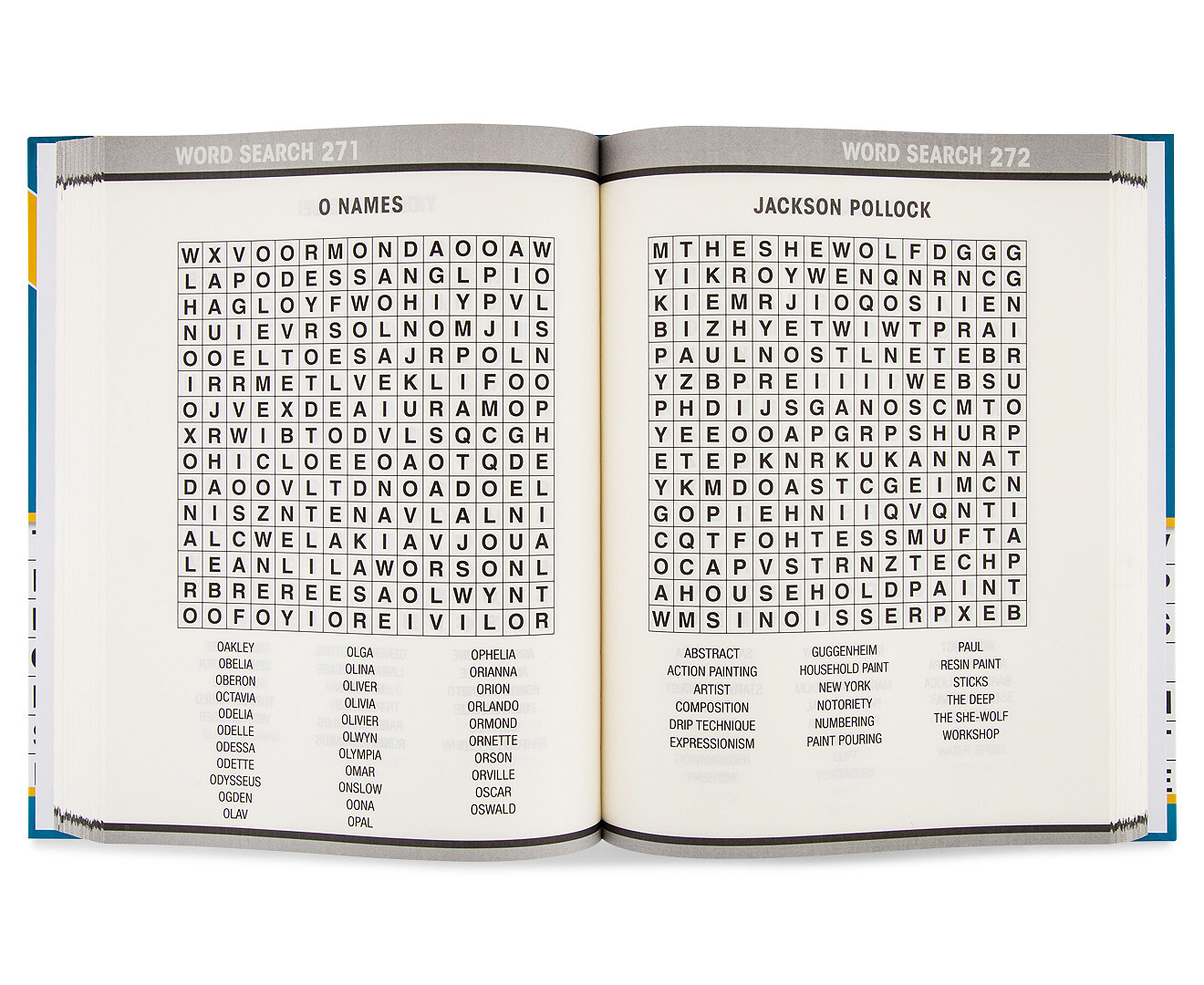

We will specify a song title, and build a query that would connect all the related tables. First, we can look at a more complicated query that tells us everything about a particular song. The query is then executed from the inside out just like it would in an equation, where the resulting data from the nested query is available to the query it sits inside of. We can even nest queries within one another inside sets of parenthesis. We can continue to add tables, and joins, to our queries to get more and more comprehensive results.

However, these three cover most use cases and a well-designed database will usually reduce or eliminate the need for overly complex queries. There are more complex forms of join than just left, right, and inner. Select bands.bandName as “Band”, albums.albumName as “Album”, releaseDate as “Released” from bands left join albums on albums.bandID=bands.bandID.All we need to do is replace the comma between the tables in our “from” clause with the join method we want, and change the word “where” to “on”: Next we will look at all “Bands,” and any records they have, by using a left join.
#Ultimate word search book marron 5 plus
Each of these performs roughly how it sounds-a left join will include all records from the left table, plus additional values from the right table when they exist, and a right join will do the opposite, including all the records from the right table and adding data from the left when it exists.

We can capture all results of either table, and still pair them when records are available, by using different approaches to our join called left join and right join. Since we never added an album for Maroon 5, they did not come back as a result. That is because the basic join (also called “inner join”), as stated above, only returns results where records exist in both joined tables. You may also be noticing that we still have not seen Maroon 5 come up in any of these examples, even though they were created when we first set up our bands table. As a best practice, you may wish to always use this dot notation when selecting fields as it will help “future-proof” your queries if you expand or alter your database in the future, even if the field in question is unique to the database now. This helps clarify which field we are referring to when the same field name is used in more than one table. You will notice we started to append the table name and a period before each field name. Select bands.bandName as “Band”, albums.albumName as “Album”, releaseDate as “Released” from bands, albums where albums.bandID=bands.bandID.Now, we can cut it back to just a simple list: You now probably have a messy looking table, but all our fields are there. Select * from bands, albums where album.bandID=bands.bandID.We will begin by getting all the values from our albums and bands tables so we can finally see the band name in our results: The simplest join will return only the records from the two tables where the value is found in both tables. The primary portion of the join is specified in our where clause, which is where we will specify which fields between the two tables are to be connected. This is done by combining statements and joining tables together.
#Ultimate word search book marron 5 full
Without further ado, here is my official, exclusive ranking of Maroon 5's summer hits.To use relational databases to their fullest extent, we need to be able to connect our tables using our foreign keys in order to extract our full records. Good for Maroon 5 for having such a consistently successful career and good for us for getting to partake in the musical trappings of their success. My second realization, which I am slightly embarrassed about, is that I know all the words to every single one of these songs (or, at least, most of the words - the rest of the time I just sing nonsense syllables in a falsetto voice). I already knew this but actually sifting through these hits one-by-one has truly emphasized the magnitude of their success. In the process of compiling these songs, I have realized two things: one, Maroon 5 has put out a shockingly expansive array of hit songs.

So, as I am always looking to be as helpful as possible, I have taken it upon myself to rank Maroon 5's summer hits from most awesome to slightly less awesome for your listening pleasure. With so many hits to choose from, it can be overwhelming to pick a favorite Maroon 5 song when crafting the ultimate summer playlist. Whether you love them or hate them, you've undoubtedly suffered from a Maroon 5 song being stuck in your head for hours (if not weeks) on end before.


 0 kommentar(er)
0 kommentar(er)
